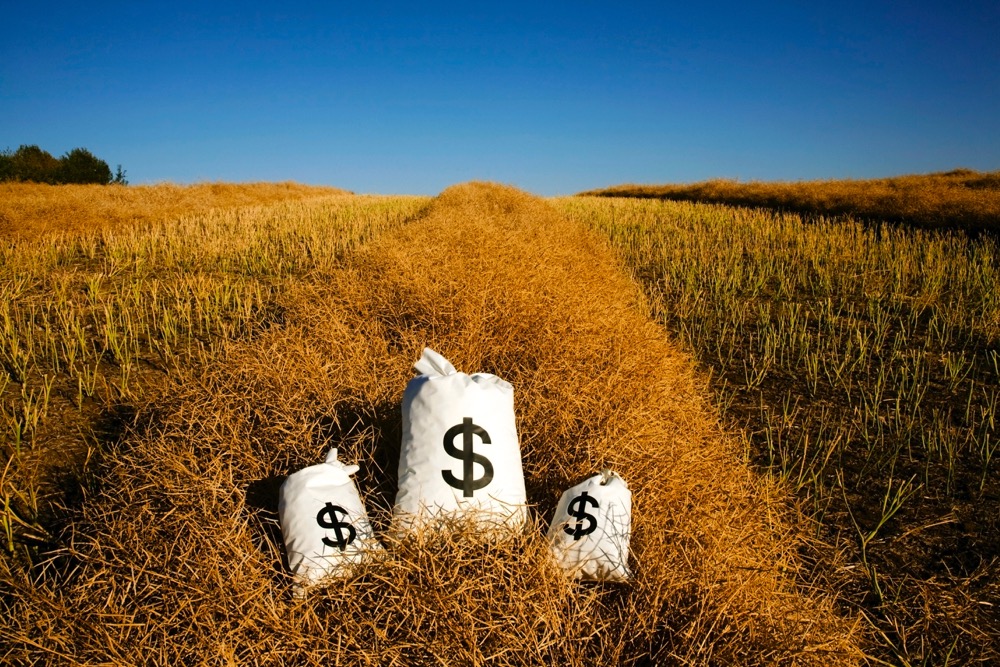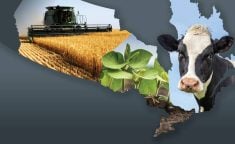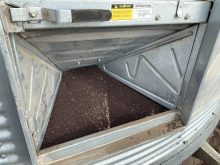Losing access to China’s canola seed market will cost Canadian farmers $1 billion annually, according to a Canola Council of Canada estimate.
But University of Manitoba agricultural economists Derek Brewin and Ryan Cardwell aren’t so sure.
The council’s estimate is based on canola futures prices having dropped 10 per cent from February, before China stopped importing Canadian canola seed in March and now, Brian Innes, council vice-president of public affairs said.
A 10 per cent price drop translates into about $50 a tonne, which over a year will total $1 billion.
Read Also

Critical growing season is ahead for soybeans
What the weather turns out to be in the United States is going to have a significant impact on Canadian producers’ prices
Neither Cardwell nor Brewin have calculated how much China’s canola seed ban has cost Canadian canola farmers, but in separate interviews Sept. 12 they said it’s wrong to assume all of the price drop is due to losing the China market.
“An argument like that would never pass muster in an academic circle,” Cardwell said. “It might be successful in the press and to lobby politicians.
“That’s a lobby group inflating things to get as large a bailout as they can…”
However, in a recently published paper, Cardwell and Brewin conclude under different scenarios China’s trade actions would hurt Canadian canola farmers. Measuring the impact would take a complex model and 18 months of research, Cardwell said.
Their paper says if China stopped importing canola from all countries, not just Canada, world canola prices would suffer more than they would under just a Canadian boycott.
If China buys canola from countries other than Canada, Canada can fill markets left by those, mitigating the affect on world canola prices. However, doing so could result in higher canola transportation costs translating into lower prices for Canadian farmers.
The paper says canola futures prices are down 15 per cent, or about $80 a tonne since the Chinese boycott started. But that’s within a the previous three-year trading range.
Even if it’s all because of China, Brewin said he expected canola futures prices would have fallen much more than they did.

“When I first saw we were losing that much demand I was really worried about prices and they did drop, (but) over the last five years we’ve seen prices as low as we have now, but we’re touching that bottom,” Brewin said. “We haven’t gotten crazy yet.
“But the fact is the world will find other places for Canadian canola. There’s just a huge demand for it. And then there’s demand for oilseeds.”
Homewood farmer Warren McCutcheon is certain the U.S.-China trade dispute has undermined world crop prices. And billions of dollars in subsidies the American government is sending its farmers to offset lower prices due to those disputes is hurting Canadian farmers too, he said.
That’s why the Canadian Federation of Agriculture, Grain Growers of Canada and others want the federal government to compensate farmers, or at least improve the AgriStability by adjusting coverage to cover losses starting at 85 per cent of historical reference margins with no reference margin limits. Then no matter what reduces their income, farmers have an adequate safety net.
Direct subsidies not tied to production like U.S. farmers undermine world prices less than subsidies tied to production, Cardwell said. But he added all subsides distort markets, and while every country is allowed to subsidize their farmers a certain amount under WTO rules, there’s a limit.




















